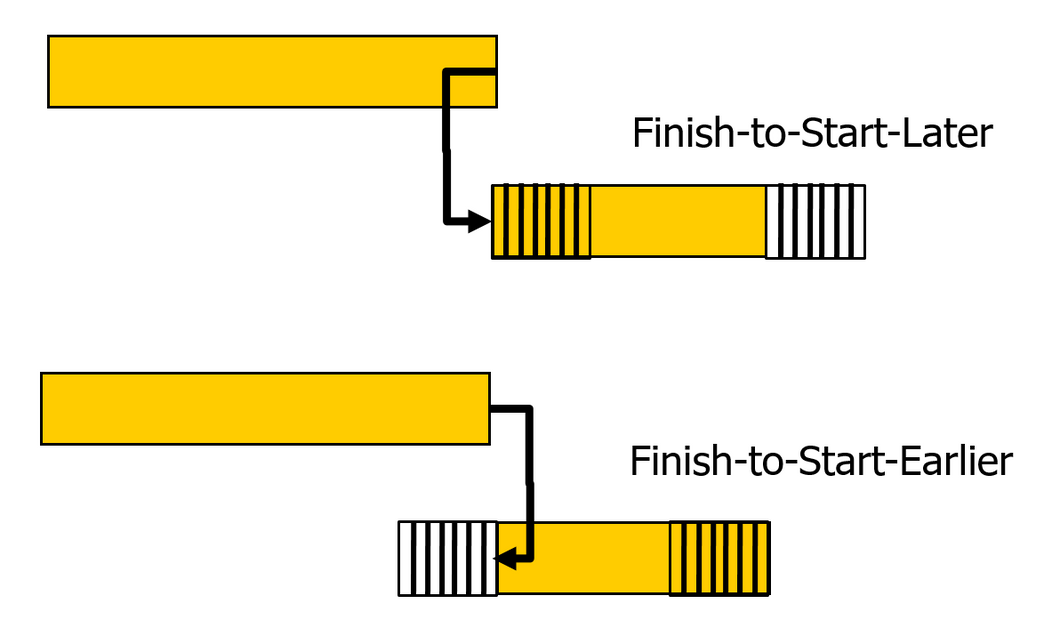
Scheduling is Not about Chronology; it’s about Logic! - white paper
Regular price
$0.00 USD
Sale
This 16-page White Paper is a far-reaching review of project 'scheduling' and 'scheduling applications' and provides a long-term perspective. The author thinks schedules will be much better if they are logical models of projects rather than chronological models. This article explains what 'logical scheduling' is and why we should switch over from chronological scheduling (‘sequence activities’) to logical scheduling (‘determine logic’). In addition, it explains how this can be done: It will require a paradigm shift from chronological schedulers and some adjustments in the PMBOK® Guide (e.g. ‘predecessor’ becomes ‘driver’).
There are several current issues when scheduling projects:
- A ‘successor’ does not ‘succeed’ in time in an SS or FF dependency.
- Activity sequences often change.
- Current schedules are too maintenance‑hungry.
- Critical Path schedules do not convert easily to Critical Chain schedules and vice versa.
- Current scheduling software does not allow dynamic due dates.
- Current scheduling software does not allow dynamic windows of opportunity.
- Scheduling software does not allow you to schedule (part of) your schedule backward.
All of these issues can be resolved if we start treating dependencies as causal or impact relationships and if we would create a new class of Earlier-Than dependencies in our scheduling software applications. All dependencies we currently have are Later-Than dependencies (FS, SS, FF, SF); the dependent date starts at or later than the independent date. Having this new class of Earlier‑Than dependencies would provide additional benefits beyond resolving the issues listed above:
- More robust schedules that require a lot less maintenance effort and much easier updating during project execution.
- True backward scheduling would be possible with Earlier-Than dependencies.
- Dynamic due dates: due dates for non-critical activities will be updated automatically.
- Dynamic windows of opportunity: Earlier-Than dependences would allow us to create real windows of opportunity for non-critical activities in which the scheduling application can schedule these activities. The window may shift when the Critical Path shifts; the software reports the latest start and end date of the dynamic window.
- Feed buffers can be scheduled dynamically in a Critical Chain schedule. Earlier-Than dependencies will allow you to switch a schedule from Critical Chain view to Critical Path view and back again depending on what your stakeholder wants.
- Solid hammock activities become possible in Microsoft Project with Earlier-Than dependencies.
Causal dependencies would also require us renewing some current terminology: ‘predecessor’ becomes ‘driver’, ‘successor’ becomes ‘dependent’, ’lag/lead’ becomes ‘dependency duration’ and ‘sequence activities’ becomes ‘determine logic’.
(PMI and PMBOK are registered marks of the Project Management Institute, Inc.)
